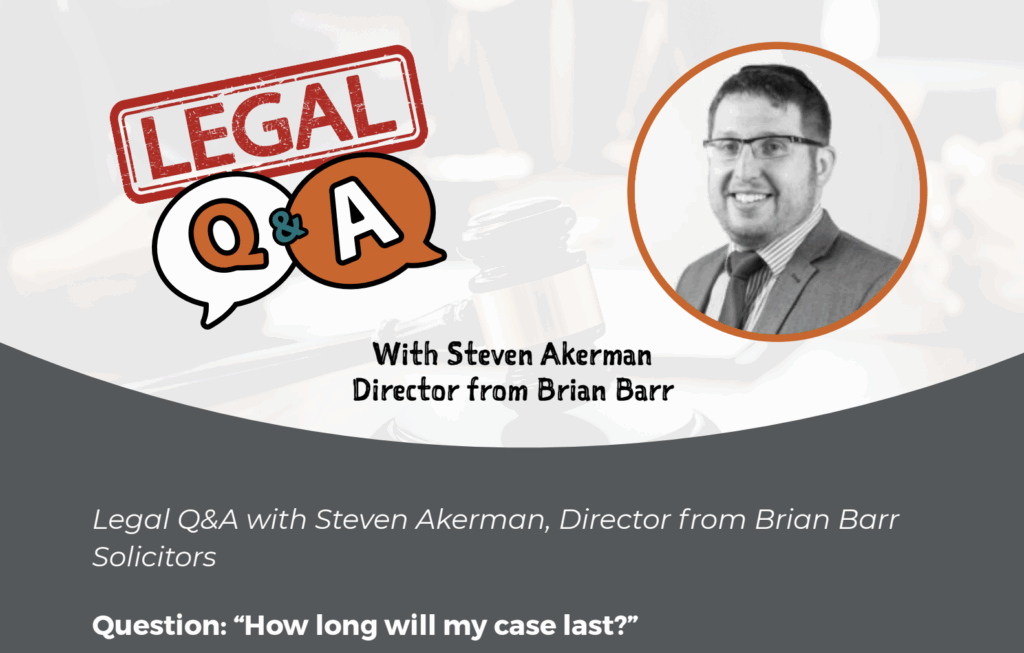Living with fibromyalgia is a challenging reality for millions of people worldwide, especially following a motor collision. Conditions like fibromyalgia, CRPS, and other chronic pain syndromes don’t just affect the body, they take a significant toll on mental health as well. The intricate relationship between chronic pain and mental well-being is often misunderstood, leading many sufferers to feel isolated, unsupported, and unsure of their legal rights when pursuing compensation.
The connection between fibromyalgia and mental health
As specialists in this area, we see many clients who suffer both physically and mentally with fibromyalgia, chronic pain conditions and other ‘invisible illnesses’. Chronic pain isn’t just a physical experience, it’s a condition that affects every aspect of a person’s life, often resulting in a range of mental health challenges. The constant struggle with pain can lead to feelings of frustration, hopelessness, and anxiety, and over time, these emotional strains can develop into serious mental health conditions such as:
- Depression,
- Anxiety,
- Cognitive impairment, especially brain fog (often referred to as fibro fog), and
- Post-Traumatic Stress Disorder (PTSD) – this is especially common for individuals whose chronic pain results from a traumatic injury or accident
The connection between fibromyalgia and mental health is cyclical. Pain exacerbates mental health issues, and these issues, in turn, can worsen the perception of pain. It is important to recognise this when pursuing compensation following an accident.
Challenges in pursuing mental health claims
When chronic pain is accompanied by mental health issues, it creates a complex legal landscape for personal injury claims. It is important to speak to a solicitor who understands this area and the associated challenges:
- Proving the mental health component: Mental health conditions are often harder to substantiate than physical injuries. Establishing a clear link between the chronic pain and the psychological damage requires robust medical evidence.
- Scepticism from insurers and defendants: Insurers often downplay or dispute claims involving mental health issues, arguing that they are unrelated or exaggerated.
- Underestimating the long-term impact: Fibromyalgia and its associated mental health issues often lead to prolonged suffering, reduced quality of life, and ongoing treatment needs. Accurately quantifying these long-term damages is essential but can be challenging.
- Navigating complex legal arguments: These claims require solicitors who understand the medical and legal nuances of both chronic pain and mental health.
Compensation
Compensation seeks to address both the physical and psychological impact of the injuries and tend to cover:
- General damages: This covers the pain, suffering, and loss of amenity caused by the physical injury and mental health conditions.
- Lost earnings due to the inability to work.
- Medical expenses for physical and mental health treatments, including therapy, medications, and rehabilitation.
- Future care costs for ongoing support.
Fibromyalgia and mental health conditions are complex, and solicitors with expertise in these areas can gather the right evidence to support your fibroymalgia claim. We must work closely with medical professionals, including psychologists, psychiatrists, and pain specialists, to provide detailed assessments that capture the full extent of the claimant’s injuries.
Every case is unique, and Brian Barr Solicitors specialise in helping individuals with fibromyalgia navigate the complexities of chronic pain claims. As experienced personal injury solicitors in Manchester we can craft a legal strategy that addresses your specific needs and challenges, ensuring you get the compensation you deserve.
















